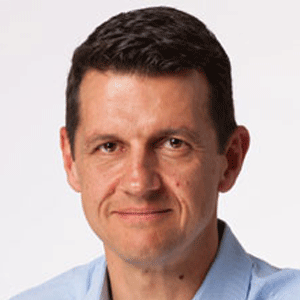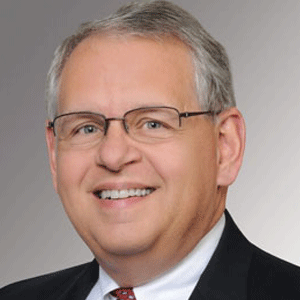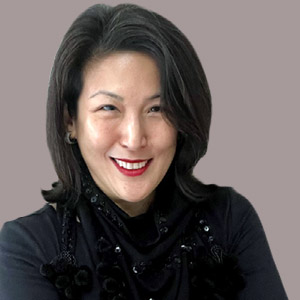THANK YOU FOR SUBSCRIBING

Customer-Oriented And Compliance Mindsets In Claims Management
Alex Lee Li Haojun, Group Claims Manager – Insurance, Mapletree


Alex Lee Li Haojun, Group Claims Manager – Insurance, Mapletree
In the field of claims, there are two primary schools of thought — one is a customer-oriented mindset, always exploring ways to explain and apply terms and conditions that benefit customers; the other is a strict compliance mindset, often looking for disadvantages to refuse or impose claims denial. The choice of which school of thought to work on depends on many factors, including the core values of the business and personal perspective on responsibility and professional ethics.
The customer-oriented school of thought has concern and respect for customers’ interests. Those who practice this believe that the ultimate goal of claims service is to help customers overcome difficulties and maintain trust in the insurance company. They are flexible in explaining the terms and conditions, as long as it is reasonable and helps the client to be fairly compensated.
Building Rapport With Clients, Thinking Outside The Box, And Going The Extra Mile— Without Compromising Regulations—Are Crucial To Delivering Exceptional Value, Especially In Times Of Major Loss
In contrast, the strict compliance thought focuses on protecting the company’s interests by strictly applying the terms of the contract. People who follow this mindset often argue that compliance with regulations is necessary to maintain transparency and avoid unreasonable precedents in compensation. They argue that strict claims procedures help prevent abuse and fraud while maintaining fairness for all parties involved. However, this approach can lead to dissatisfaction and loss of trust on the part of customers.
Throughout my career, I firmly believe in building up rapport with clients, taking the initiative to help clients with their claims matter, make my brain work hard and out of the box to help, and provide extra mile to value add (without breaching any regulation), especially to major clients of the company and during their major loss. I also believe in attending site surveys and market meetings with clients to assist them and, at the same time, to get first-hand views or details of the loss. This is also part of my personal development belief.
I believe what I was doing was correct. Some major clients recognized my work. I am still learning how to improve myself, though.












